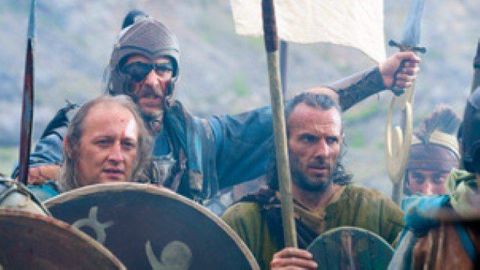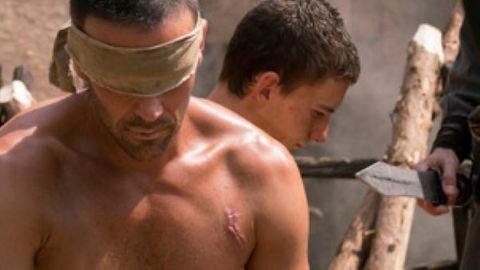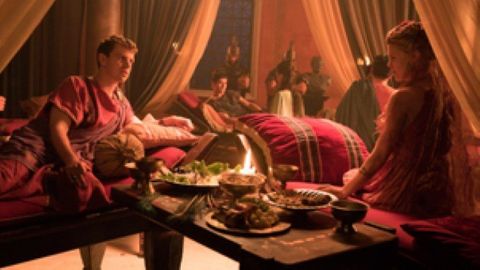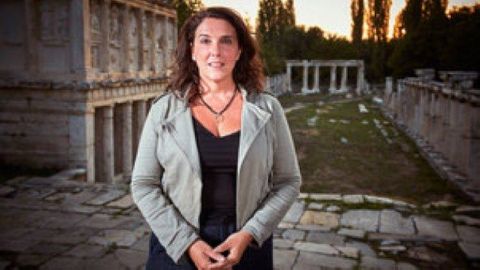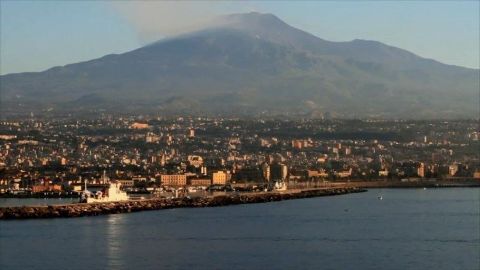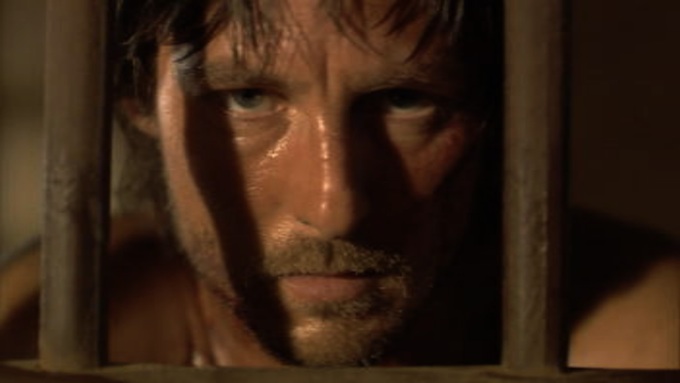The Downfall of Nero • 2017 • episode "S1E6" • Eight Days That Made Rome
On 9th June 68 AD, Nero, Emperor of Rome, took his own life with the help of a servant, as troops came to arrest him for crimes against the state. His death ended the empire's first dynasty and ushered in an age of anarchy and civil war. With the aid of evidence from across the Roman world, including Nero's Golden House, Bettany examines his reign, his character and his relationships with his mother Agrippina, the Senate and the Roman populace.
Make a donation
Buy a brother a hot coffee? Or a cold beer?
Hope you're finding these documentaries fascinating and eye-opening. It's just me, working hard behind the scenes to bring you this enriching content.
Running and maintaining a website like this takes time and resources. That's why I'm reaching out to you. If you appreciate what I do and would like to support my efforts, would you consider "buying me a coffee"?
Donation addresses
BTC: bc1q8ldskxh4x9qnddhcrgcun8rtvddeldm2a07r2v
ETH: 0x5CCAAA1afc5c5D814129d99277dDb5A979672116
With your donation through , you can show your appreciation and help me keep this project going. Every contribution, no matter how small, makes a significant impact. It goes directly towards covering server costs.
